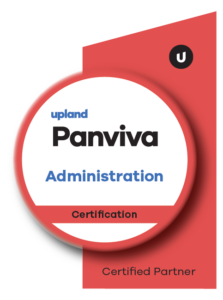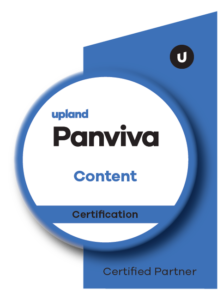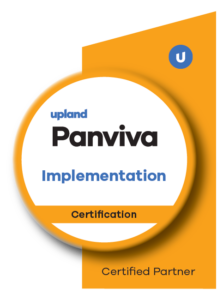How Knowledge Management Helps Businesses in Finance With Risk Mitigation.
In the dynamic landscape of the financial industry, where uncertainty is a constant companion, the ability to manage and mitigate risks is paramount. Financial institutions, ranging from banks to investment firms, face an ever-evolving array of challenges that can significantly impact their stability and success. One powerful tool in their arsenal to combat these challenges is effective knowledge management. In this blog, we’ll explore the profound impact of knowledge management on finance risk mitigation, exploring how strategic information handling can identify, assess, and mitigate risks, ultimately contributing to organizational resilience.






